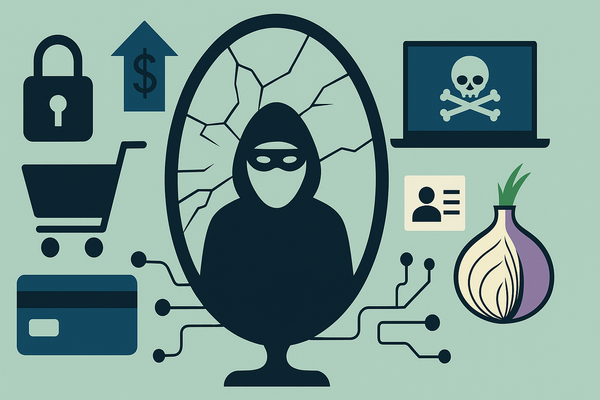CISA and FBI Observed APT Groups Targeting State Networks Related to US Election Systems

The Cybersecurity and Infrastructure Security Agency (CISA) and the FBI issued an advisory after spotting advanced persistent threat (APT) actors exploiting multiple legacy vulnerabilities combined with a newer privilege escalation vulnerability—CVE-2020-1472—in Windows Netlogon.
Less than a month before the November 3 elections in the United States, law agencies have detected APT actors trying to exploit known vulnerabilities, attacking federal and state, local, tribal and territorial (SLTT) government networks. The two agencies stated the attackers chose these targets because of their proximity to elections information.
So far, CISA has no evidence that election data integrity has been compromised, but the agency noticed some instances where this activity resulted in unauthorized access to elections support systems.
“CISA is aware of multiple cases where the Fortinet FortiOS Secure Socket Layer (SSL) VPN vulnerability CVE-2018-13379 has been exploited to gain access to networks,” states the advisory. “To a lesser extent, CISA has also observed threat actors exploiting the MobileIron vulnerability CVE-2020-15505. While these exploits have been observed recently, this activity is ongoing and still unfolding.”
These vulnerabilities are useful in conjunction with the recent critical Netlogon vulnerability, tracked as CVE-2020-1472 , which attackers use to compromise all Active Directory (AD) identity services. When these credentials become available to threat actors, they use legitimate remote access tools, such as VPN and Remote Desktop Protocol (RDP), to access the environments.
Of course, the first course of action for any private or state entity is to ensure that allvulnerabilities are patched. Secondly, if security professionals observe any activity related to CVE-2020-1472, they should immediately assume that APT actors have compromised AD administrative accounts and take the appropriate action.
This new campaign is still ongoing and will likely cause problems as long as CVE-2020-1472 remains active in unpatched systems.
tags
Author
Silviu is a seasoned writer who followed the technology world for almost two decades, covering topics ranging from software to hardware and everything in between.
View all postsRight now Top posts
How Do You Manage Your Passwords? We Ask Netizens
December 18, 2025
Cybercriminals Use Fake Leonardo DiCaprio Film Torrent to Spread Agent Tesla Malware
December 11, 2025
FOLLOW US ON SOCIAL MEDIA
You might also like
Bookmarks








